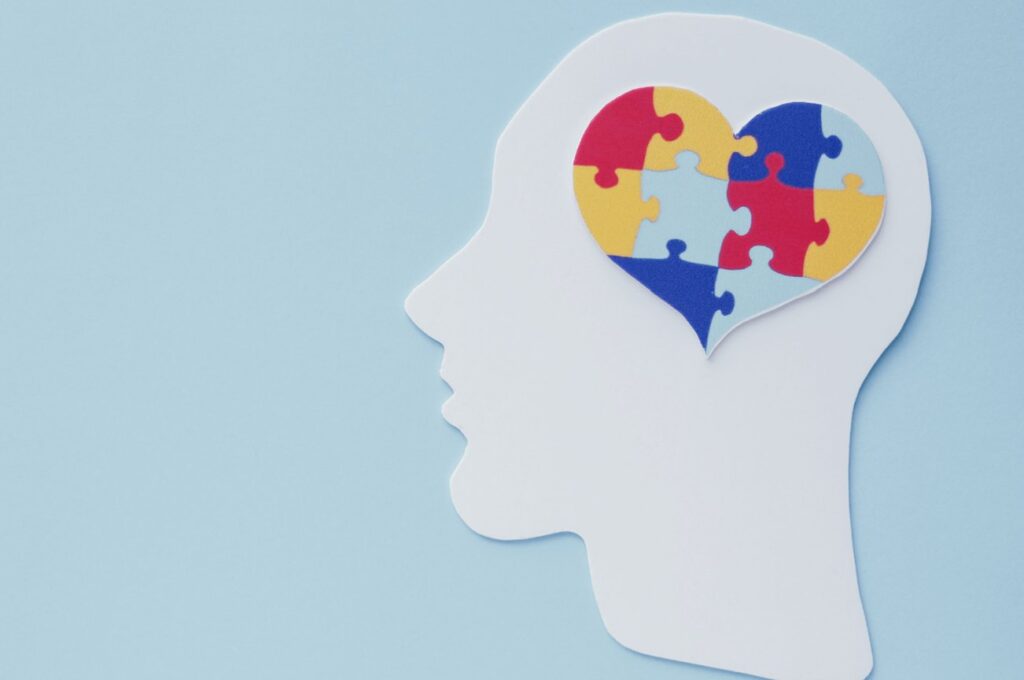As seniors face vision loss, the impact goes far beyond just the inability to see. It often affects their independence, self-esteem, and overall quality of life. This is especially concerning because vision loss in seniors is closely linked to mental health issues such as depression, anxiety, and social isolation.
How Vision Loss Impacts Mental Health
For many people, vision loss means being unable to engage in activities they once loved, from reading and cooking to socialising and navigating their surroundings. This loss of independence can lead to feelings of helplessness and isolation, which increases the risk of developing mental health conditions. Studies show that seniors with visual impairments are more likely to experience depression than their peers with normal vision.
Social Isolation and Anxiety
Losing the ability to drive or move freely can also lead to social withdrawal, as seniors may feel uncomfortable or unsafe leaving their homes. This isolation further compounds the emotional toll, leading to increased anxiety and feelings of loneliness. Many seniors with vision loss may fear becoming a burden on family members, contributing to their emotional distress.
The Importance of Support and Accessible Technology
One way to mitigate the mental health challenges associated with vision loss is by ensuring seniors have access to proper support, whether through counselling, social services, or assistive technology. Devices like the RealSAM Phone, designed specifically for those with visual impairments, offer a way to stay connected and regain some independence. With features like voice control and magnification, seniors can once again participate in everyday activities, reducing feelings of isolation and promoting better mental well-being.
Vision loss is a significant life change, but with the right resources and support, you can maintain their mental health and continue to lead a fulfilling life.




